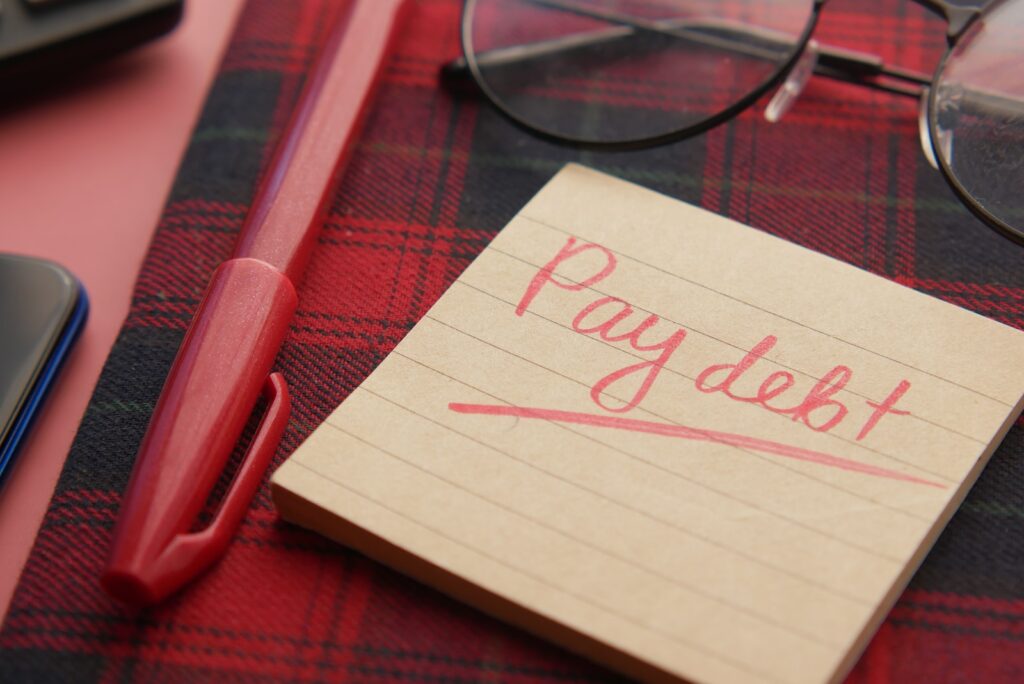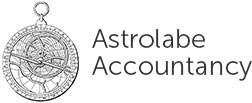Managing Debt and Creating a Debt Repayment System

Debt can be a significant burden on one’s financial life. It can cause stress, anxiety, and make it difficult to achieve financial goals. However, with a little planning and dedication, anyone can create a debt repayment system and get on the path to financial freedom.
Here are some tips for managing debt and creating a debt repayment system:
Take Stock of Your Debt
The first step in managing debt is to understand the extent of the problem. Make a list of all the debts you have, including the balance owed, interest rate, and monthly payment. This will help you determine which debts to tackle first and give you a clear picture of your overall debt situation.
Focus on High-Interest Debt
High-interest debt, such as credit cards or personal loans, should be your top priority. These debts often have interest rates of 15% or higher, making them the most expensive debts to carry. By paying off high-interest debt first, you can save money on interest charges and free up more money to pay off other debts.
Create a Budget
To pay off debt, you need to free up money in your budget. A budget can help you track your expenses, identify areas where you can cut back, and allocate more money towards debt repayment. Be sure to include debt payments as a fixed expense in your budget, so you don’t fall behind on payments.
Consider Consolidating Debt
If you have multiple high-interest debts, consolidating them into one loan can make it easier to manage and potentially lower your interest rate. You can consolidate debt by taking out a personal loan or using a balance transfer credit card. Just be sure to compare interest rates and fees to ensure you’re getting a good deal.
Make Extra Payments
Making extra payments towards your debt can help you pay it off faster and save money on interest charges. Even small extra payments can make a big difference over time. Consider using any extra money you receive, such as a tax refund or bonus, towards debt repayment.
Automate Payments
Setting up automatic payments for your debt can help you stay on track and avoid late fees. Many lenders and credit card companies offer automatic payments, so you don’t have to worry about remembering to make a payment each month.
Stay Motivated
Paying off debt can be a long and challenging process, but staying motivated can help you stick to your debt repayment plan. Set small goals along the way, such as paying off a credit card or reaching a certain milestone, to help you stay on track.
In conclusion, managing debt and creating a debt repayment system requires discipline, dedication, and a plan. By taking stock of your debt, starting with high-interest debt, creating a budget, considering consolidating debt, making extra payments, automating payments, and staying motivated, you can pay off debt and achieve financial freedom. Remember, it’s never too late to start, and every small step towards debt repayment counts.
